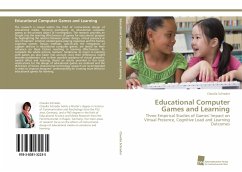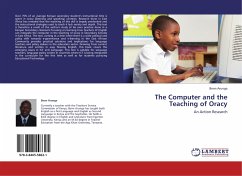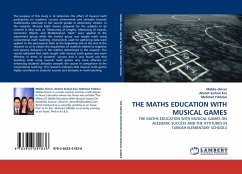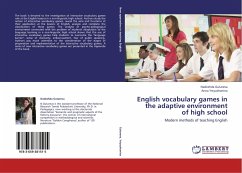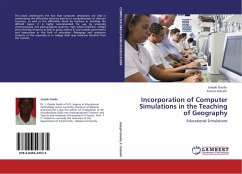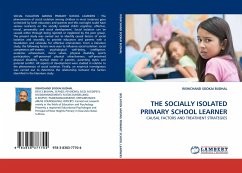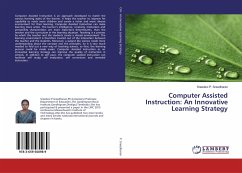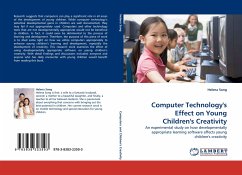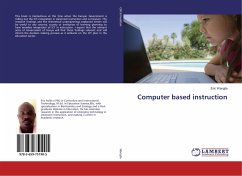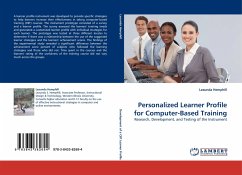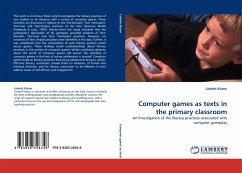
Computer games as texts in the primary classroom
An investigation of the literacy practices associated with computer gameplay
Versandkostenfrei!
Versandfertig in 6-10 Tagen
45,99 €
inkl. MwSt.

PAYBACK Punkte
23 °P sammeln!
This work is an honour thesis which investigates the literacy practices of one student as he interacts with a variety of computer games. These practices are discussed in relation to the Text-Decoder, Text- Participant, Text-User and Text-Analyst practices of the Four Resource Model (Freebody & Luke, 1990). Results from this study indicated that the participant s description of his gameplay provided evidence of Text-Decoder, Text-User and Text- Participant practices. However, no instances of Text- Analyst practices were identified in the data. Further, it was established that the composition of...
This work is an honour thesis which investigates the literacy practices of one student as he interacts with a variety of computer games. These practices are discussed in relation to the Text-Decoder, Text- Participant, Text-User and Text-Analyst practices of the Four Resource Model (Freebody & Luke, 1990). Results from this study indicated that the participant s description of his gameplay provided evidence of Text-Decoder, Text-User and Text- Participant practices. However, no instances of Text- Analyst practices were identified in the data. Further, it was established that the composition of each literacy practice varied across games. These findings reveal understandings about literacy practices in the context of computer games. Whilst conflicting opinions about the worth of computer games will persist, the centrality of computer games in the lives of young adolescents is assured. Computer games build on literacy practices that young adolescents bring to school. Effective literacy instruction should build on elements of formal and informal literacies, and for literacy instruction to be effective it must address issues of self-efficacy and engagement.



